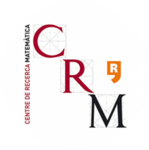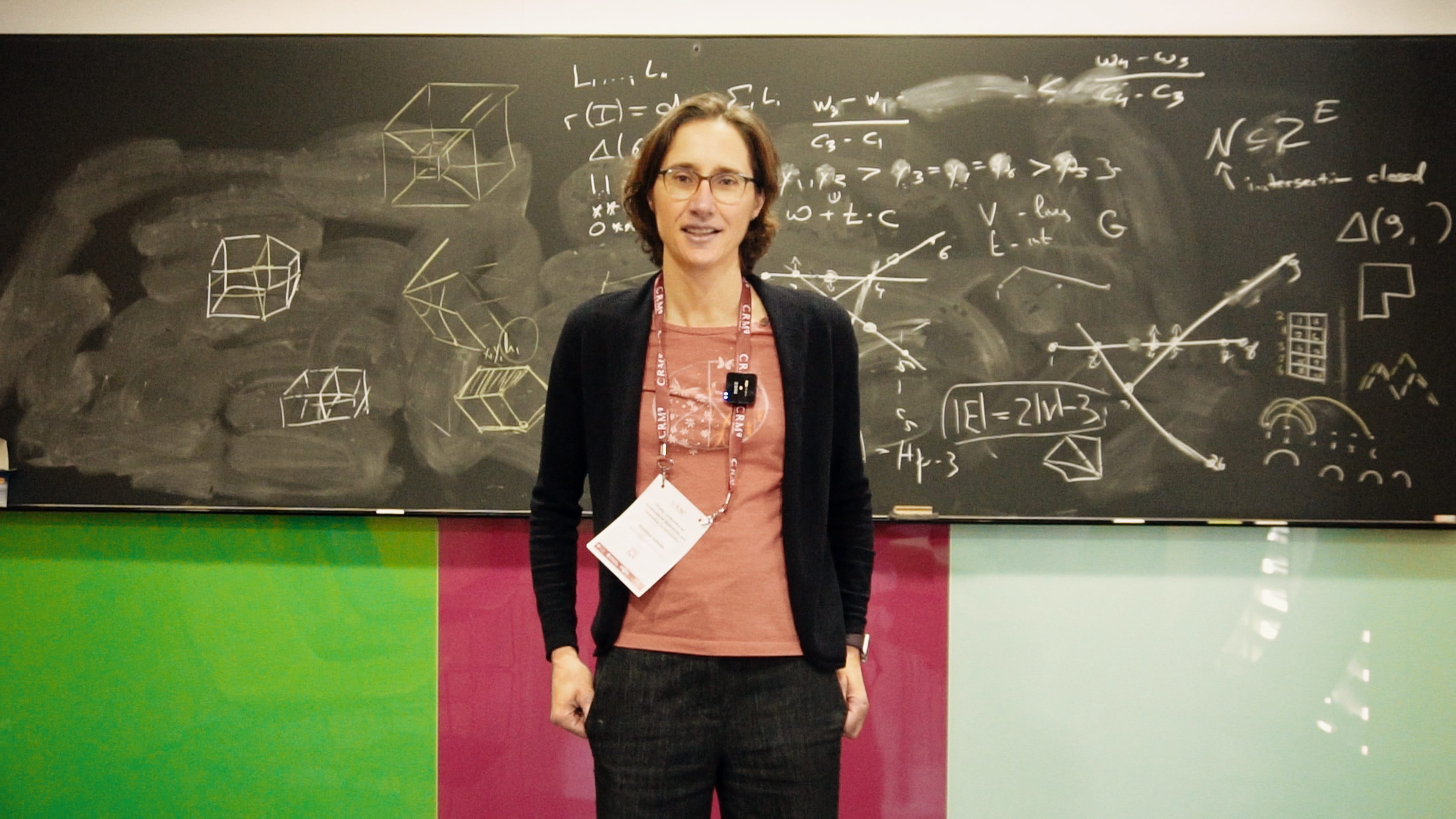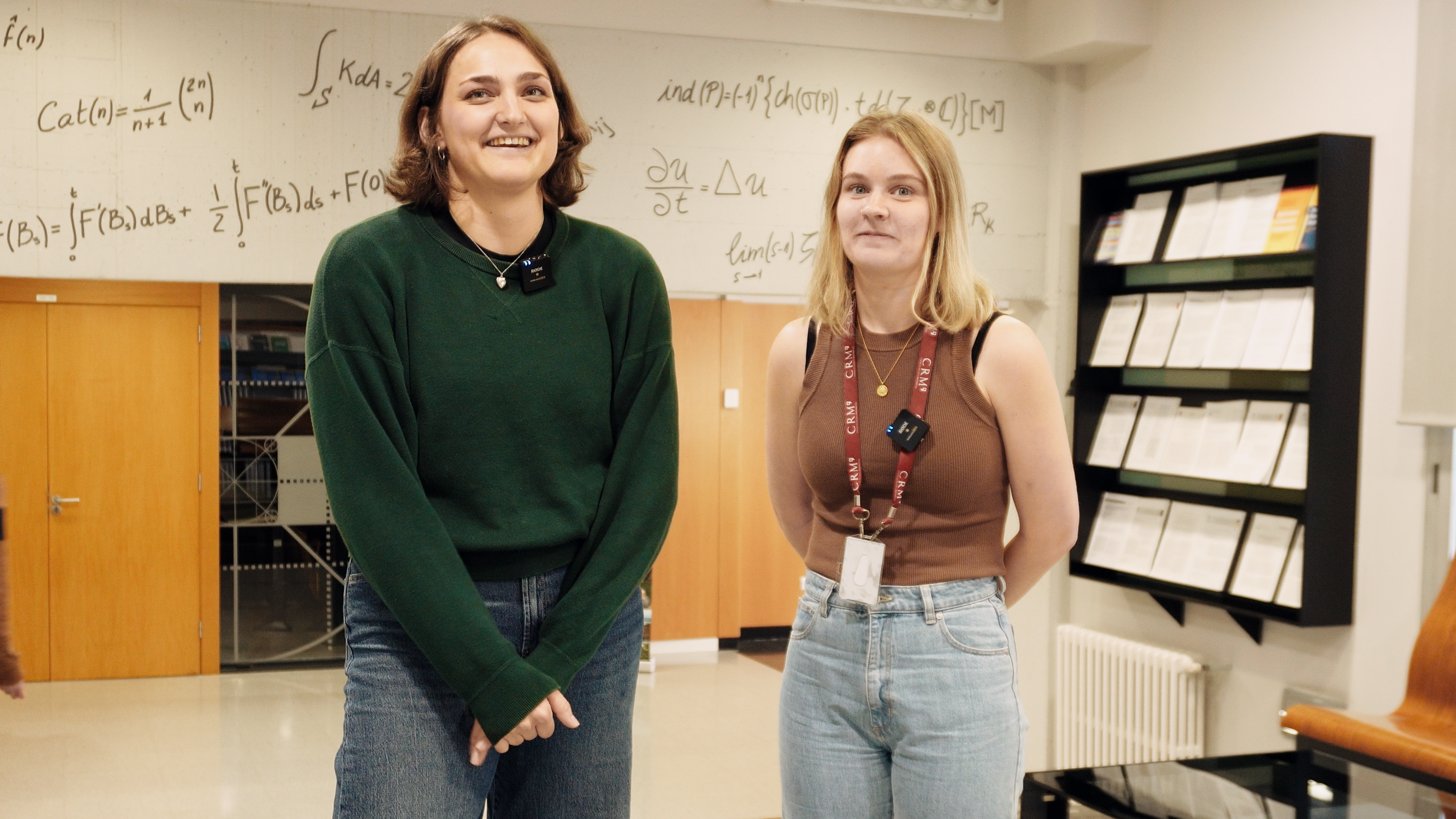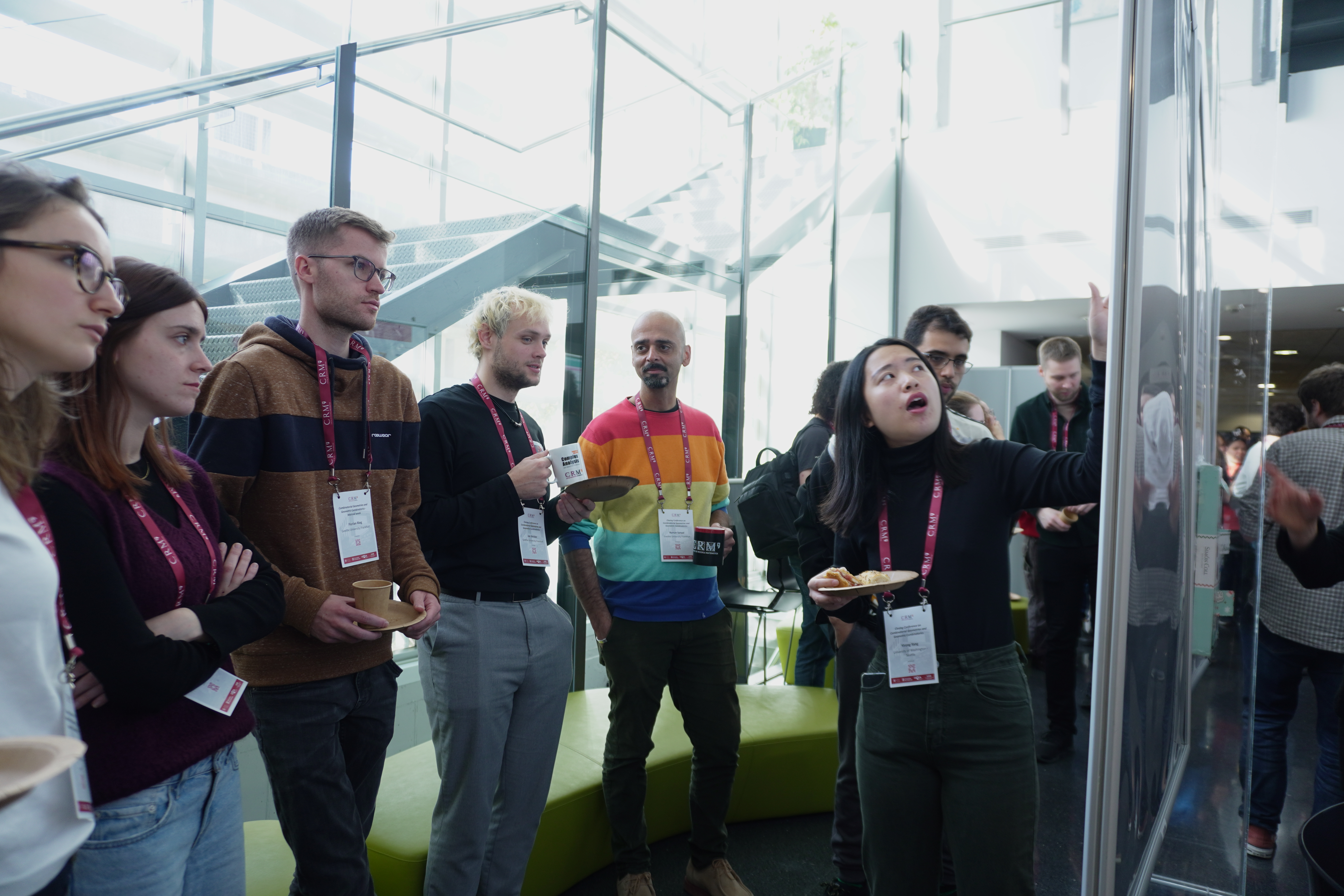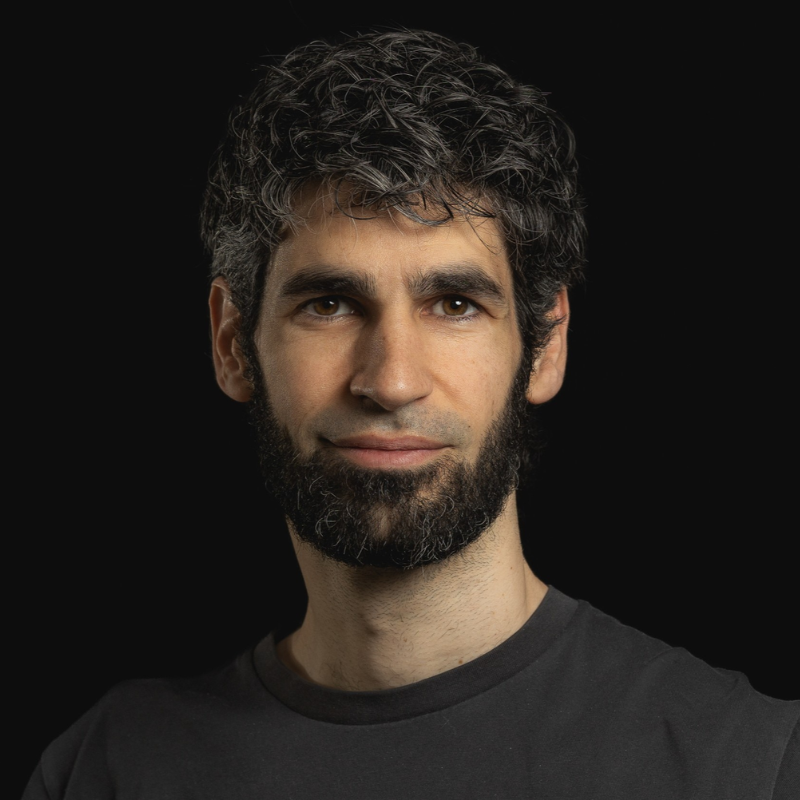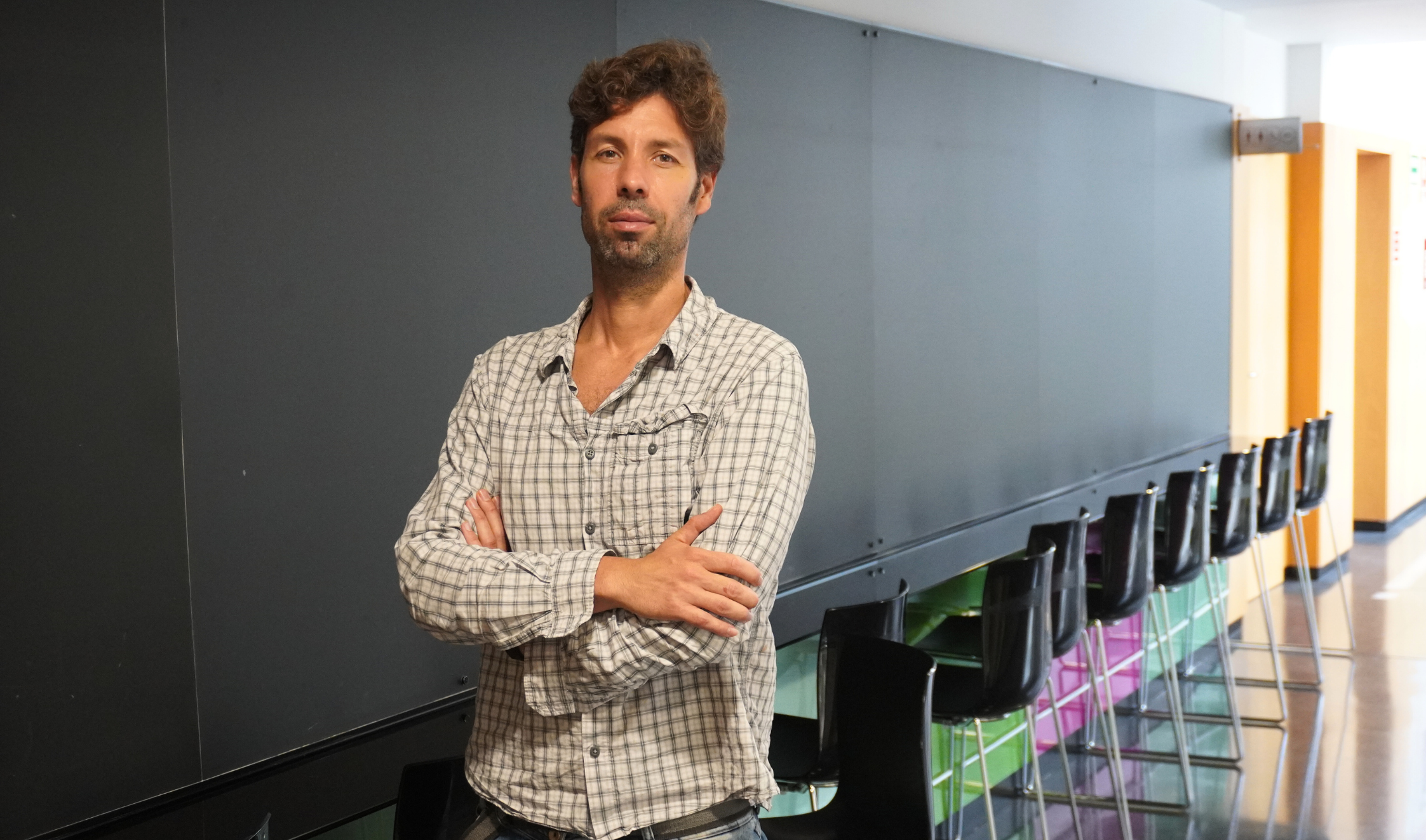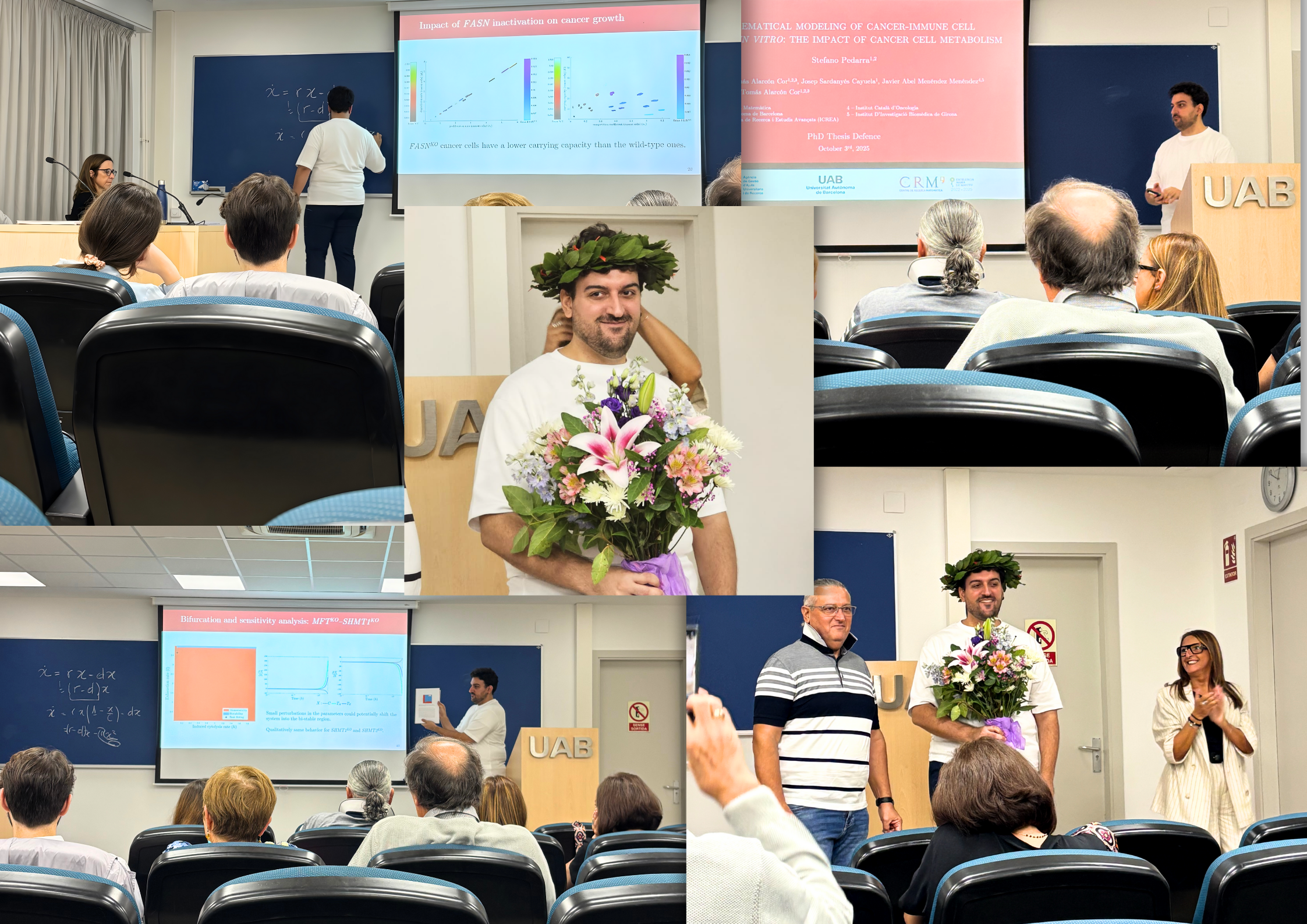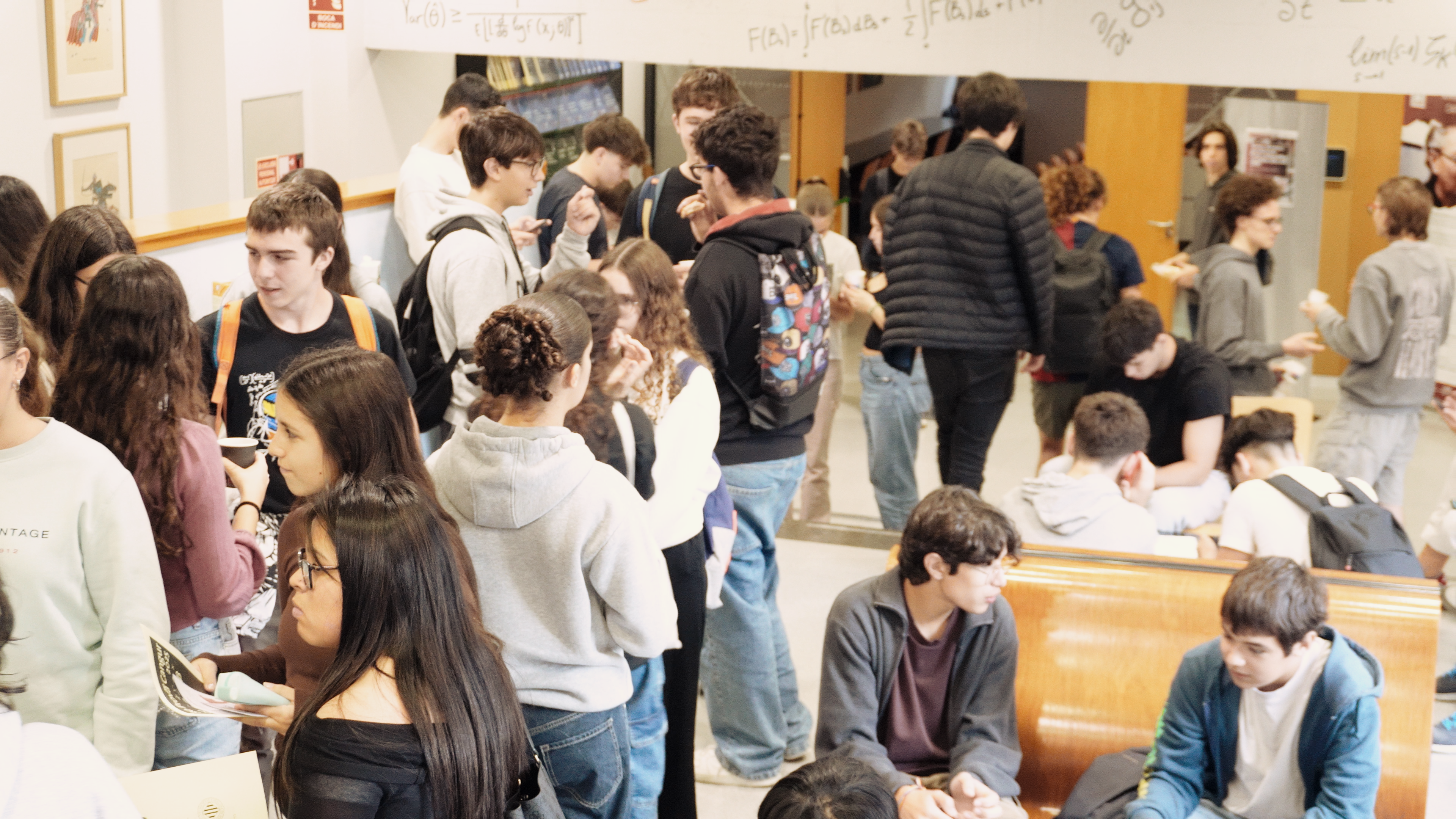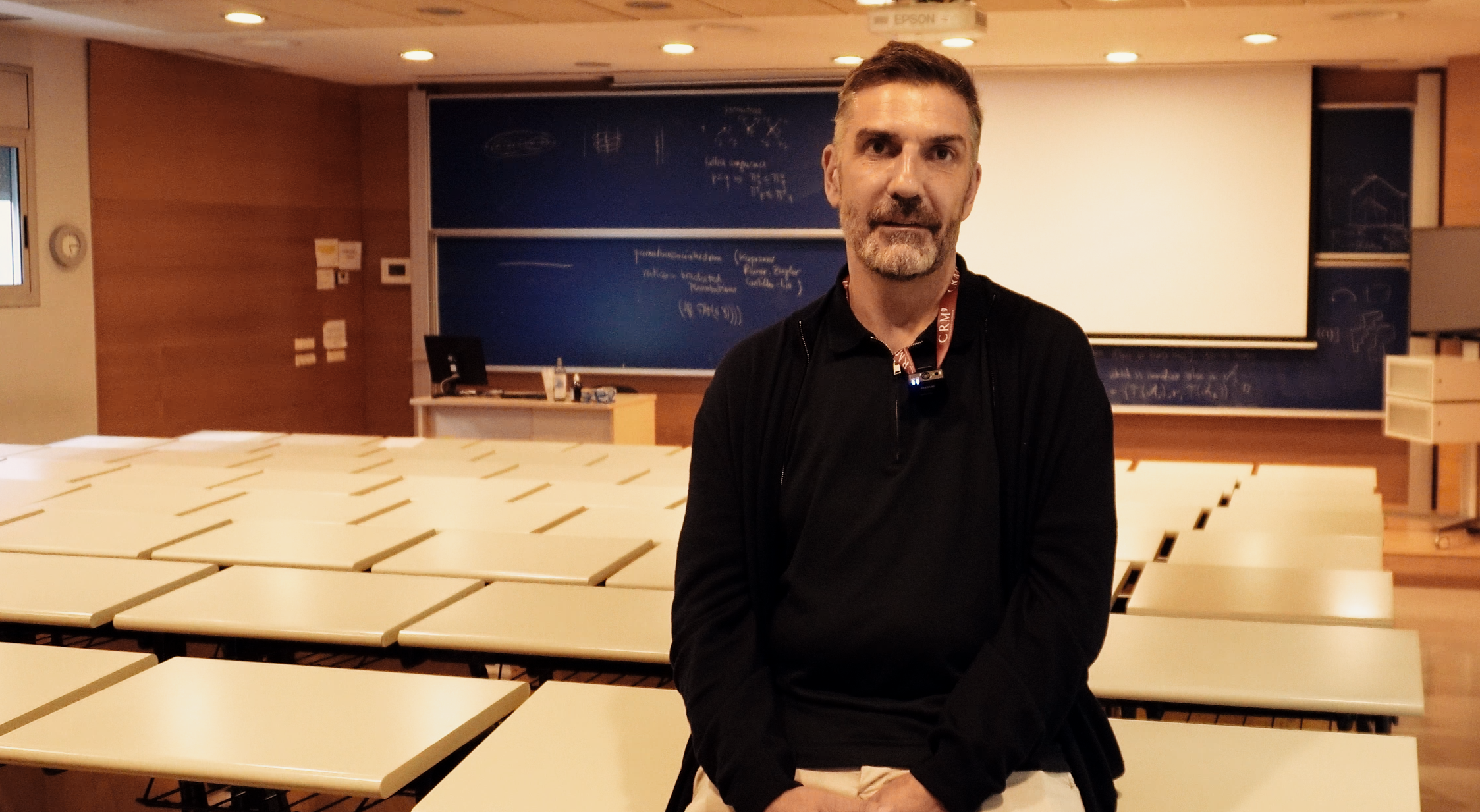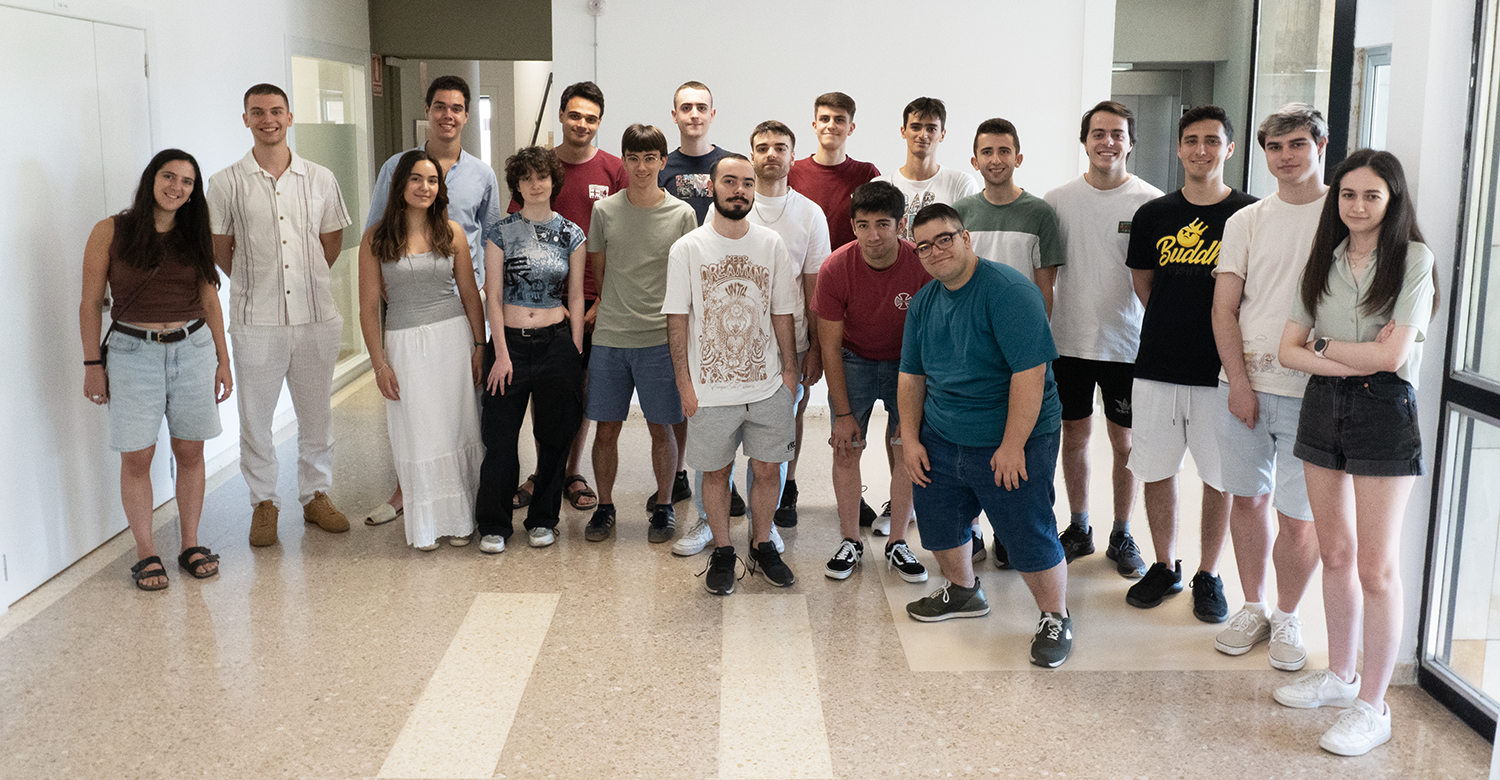
From June 30 to July 25, 2025, the CRM is organising a new edition of the Barcelona Introduction to Mathematical Research (BIMR), a summer school hosted at the Universitat Autònoma de Barcelona. The programme brings together 30 undergraduate mathematics students to explore research through hands-on projects, introductory minicourses, and mentoring activities. With over 20 research topics offered, ranging from analysis and dynamical systems to geometry, cryptography, and mathematical modelling, BIMR provides early exposure to the research environment in an engaging and collaborative setting.
From June 30 to July 25, the Universitat Autònoma de Barcelona is hosting a new edition of the BIMR 2025 – Barcelona Introduction to Mathematical Research summer school. This initiative is promoted by the BGSMath, the CRM’s training unit. The programme offers 30 undergraduate mathematics students the opportunity to engage with mathematical research for the first time, working side by side with active researchers.
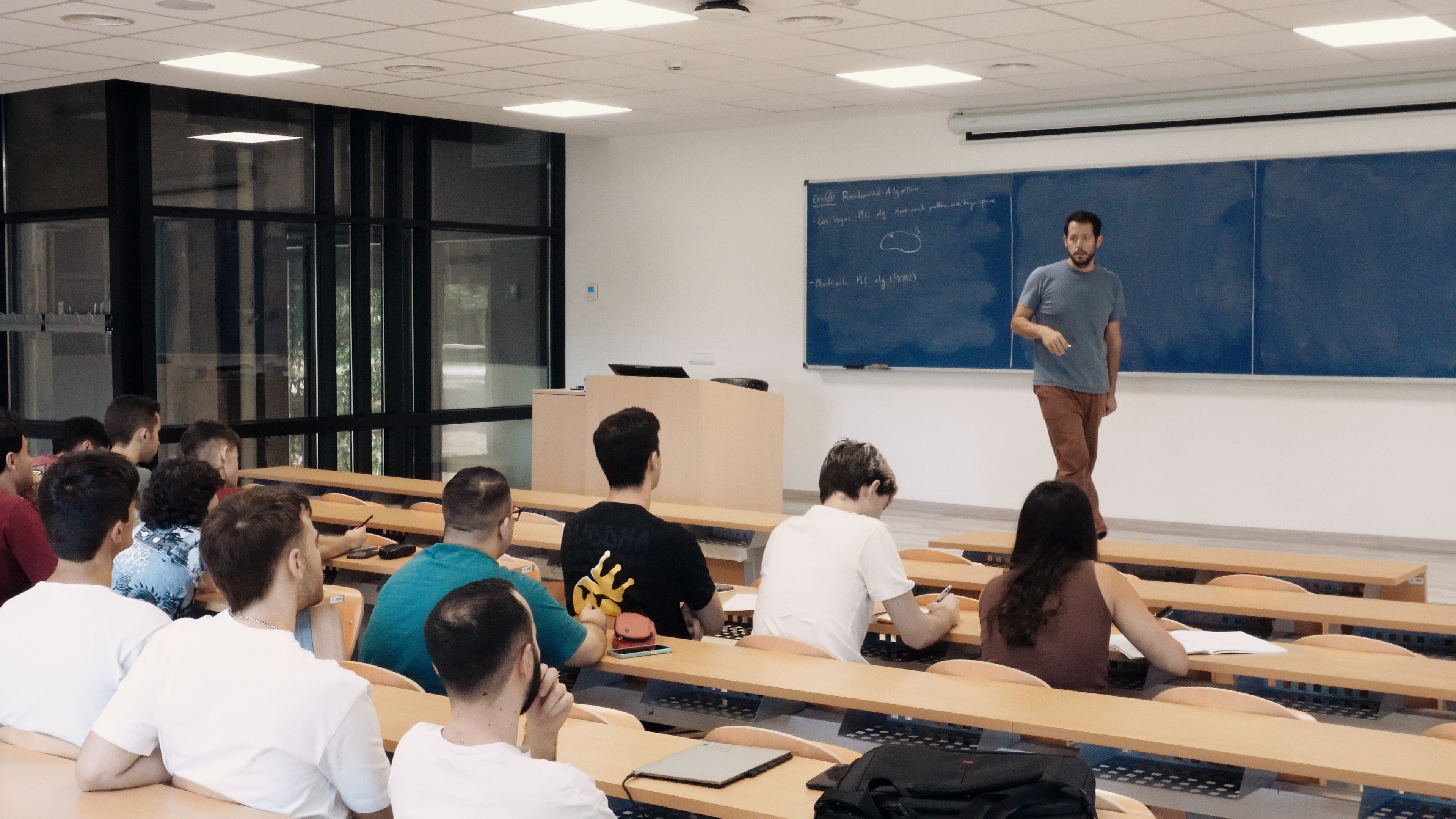
At the heart of BIMR are the research projects, assigned according to the preferences of both students and supervisors. This year’s edition features over 20 projects across a wide range of fields, including analysis, PDEs, dynamical systems, algebra, geometry, cryptography and mathematical modelling. Participants will work on topics such as Gamma-convergence, braid theory, Hausdorff measures, optimal control systems, Baker domains, and chaotic dynamical systems applied to cryptography.
Four minicourses to open the doors to research
During the first two weeks, students attend four introductory minicourses, designed to provide an accessible yet rigorous view of cutting-edge topics in mathematics:
Introduction to Stallings automata and the geometry of subgroups of free groups, taught by Enric Ventura and Jordi Delgado (UPC), explores a geometric and algorithmic approach to studying subgroups of free groups. Using intuitive graphical representations and avoiding overly formal language, the course covers key results such as the Nielsen–Schreier theorem, the Schreier index formula, and the Hanna–Neumann inequality.
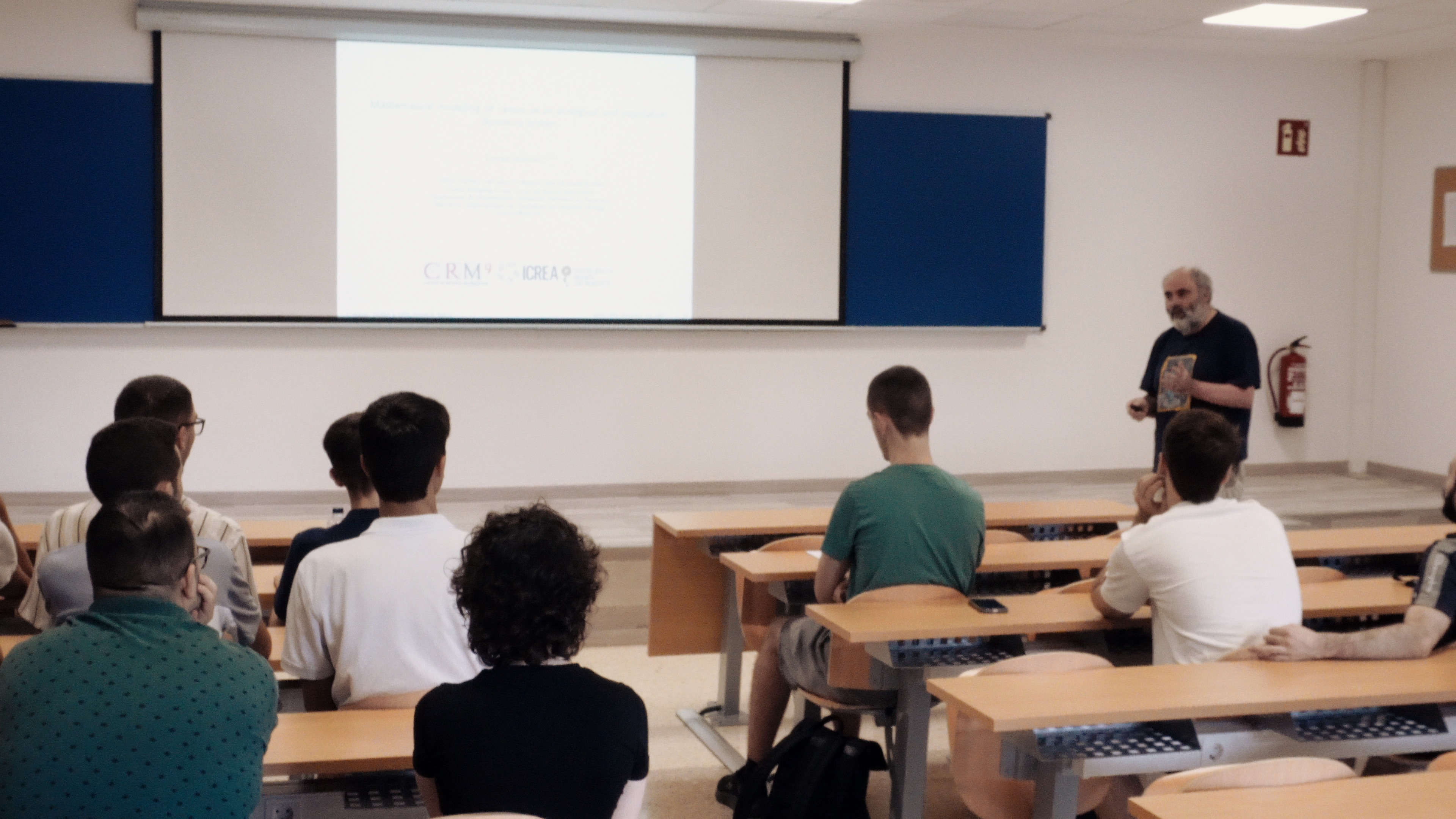
Markov chains, mixing times and applications, with Guillem Perarnau (UPC – CRM), offers an introduction to discrete Markov chains with a special focus on the concept of mixing time. The course combines spectral theory with classical examples (such as random walks on graphs) and explores applications in statistical physics and theoretical computer science.
Singular integrals, Hausdorff measures and capacities, taught by Laura Prat (UAB), introduces fundamental tools in harmonic analysis and geometric measure theory. The course covers Calderón-Zygmund integrals, Hausdorff measures applied to fractal sets, and various notions of capacity with applications in the study of removable sets and partial differential equations.
Mathematical modelling of cancer as an ecological and population dynamics system, with Tomás Alarcón (CRM), presents an innovative perspective on cancer biology through the lens of mathematics. The course shows how ecological tools and dynamical systems theory can help understand tumour behaviour as evolving ecosystems.
Beyond mathematics
In addition to the academic programme, BIMR 2025 includes social and mentoring activities, such as a round table on academic careers, a public outreach talk, and weekly informal gatherings. For students living outside the metropolitan area of Barcelona, the CRM offers accommodation fellowships throughout July.
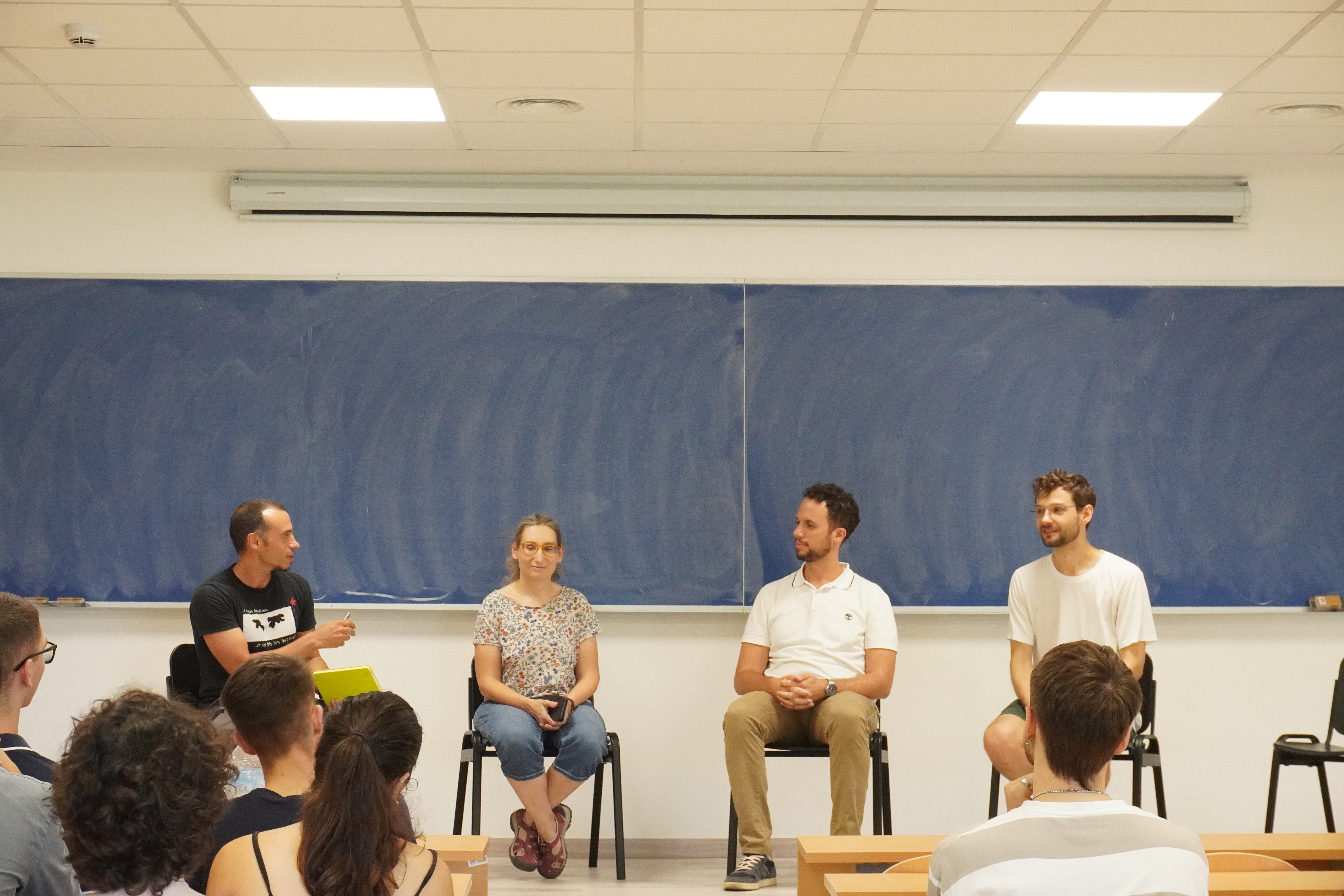
With this programme, BIMR aims to bring the research experience closer to a new generation of mathematicians and help spark scientific vocations early in their careers.
The programme is organised by Natàlia Castellana (Universitat Autònoma de Barcelona, CRM), Marc Masdéu (Universitat Autònoma de Barcelona, CRM), Xavier Ros-Oton (Universitat de Barcelona, ICREA, CRM) and Olli Saari (Universitat Politècnica de Catalunya, CRM), with the support of the BGSMath network.
Subscribe for more CRM News
|
|
CRM CommPau Varela
|
Fuel Cells, Filtration, and Decades of Collaboration: A Conversation with Brian Wetton
Brian Wetton, from the University of British Columbia, spent last October at CRM collaborating with Tim Myers on computational models for filtration systems. His career has evolved from pure numerical analysis to applied mathematics with industrial partners, working...
From Barcelona to West Bengal: Chemistry Meets Mathematics to Enhance Water Filter Design
Researchers at the Centre de Recerca Matemàtica, in collaboration with IIT Kharagpur and UPC, have developed a mathematical model that accurately predicts the performance of fluoride-removal water filters made of mineral-rich carbon (MRC) and...
Polytopes, Matroids, and the Friends You Make: Martina Juhnke on Two Months at the CRM
The Centre de Recerca Matemàtica recently hosted a research programme on Combinatorial Geometries and Geometric Combinatorics, focusing on the overlap between polytopes and matroids. Martina Juhnke, a member of the scientific committee, reflects on how this programme...
BAMB! 2025: Participants Return to the CRM for Research Stays
In October 2025, the Centre de Recerca Matemàtica hosted Josefine Meyer (ISTA) and Cate MacColl (University of Queensland) for a month-long research stay following their participation in the BAMB! Summer School. Despite studying vastly different subjects, from...
Connecting Shapes, Patterns, and Ideas: the Closing Conference on Combinatorial Geometries and Geometric Combinatorics
During five days, the CRM hosted the Closing Conference of the MDM Focused Research Programme on Combinatorial Geometries & Geometric Combinatorics. The event featured plenary talks, contributed sessions, and posters on topics from matroids and polytopes to...
Xavier Ros-Oton among the 65 most cited mathematicians in the world
ICREA professor at the Universitat de Barcelona and CRM affiliated researcher Xavier Ros-Oton appears on Clarivate's Highly Cited Researchers 2025 list, which this year reinstates the mathematics category after two years of exclusion.Citations are a strange way to...
New Horizons for H- and Γ-convergence: From Local to Nonlocal (and viceversa)
The researchers Maicol Caponi, Alessandro Carbotti, and Alberto Maione extended the H- and Γ-convergence theories to the setting of nonlocal linear operators and their corresponding energies. The authors were able to overcome the limitations of classical localization...
Diego Vidaurre joins the CRM through the ATRAE talent programme
Diego Vidaurre has joined the Centre de Recerca Matemàtica through the ATRAE programme, bringing his expertise in modelling spontaneous brain activity across multiple data modalities. His work focuses on understanding how the brain’s intrinsic dynamics shape...
El CRM a la Setmana de la Ciència: una ruta entre dones, formes i pensament
El CRM va participar en la 30a edició de la Setmana de la Ciència amb una ruta guiada que va combinar les biografies de dones matemàtiques amb obres d'art del centre, connectant ciència, història i creació artística.El 12 de novembre, el Centre de Recerca Matemàtica...
Stefano Pedarra Defends his PhD Thesis on the Interaction between Tumour Cells and the Immune System
Stefano Pedarra has completed his PhD at the Centre de Recerca Matemàtica with a thesis exploring how tumour-cell metabolism shapes the immune system’s ability to fight cancer. His work brought mathematics and biology into direct conversation, from building models to...
Els estudiants participants a la prova de preselecció de Bojos per les Matemàtiques visiten el CRM
La prova de preselecció de Bojos per les Matemàtiques va reunir estudiants de tot Catalunya a la UAB i al CRM, amb presentacions a càrrec de Montse Alsina, presidenta de la Societat Catalana de Matemàtiques, Núria Fagella, degana de la Facultat de Matemàtiques i...
Jordi Mompart highlights the role of artificial intelligence in sport at the XIII GEFENOL-DIFENSC Summer School
The XIII GEFENOL-DIFENSC Summer School gathered over thirty researchers from across Europe to explore how statistical physics helps explain complex phenomena in biology, ecology, networks, and social systems. In his closing lecture, Jordi Mompart (UAB) examined how...

